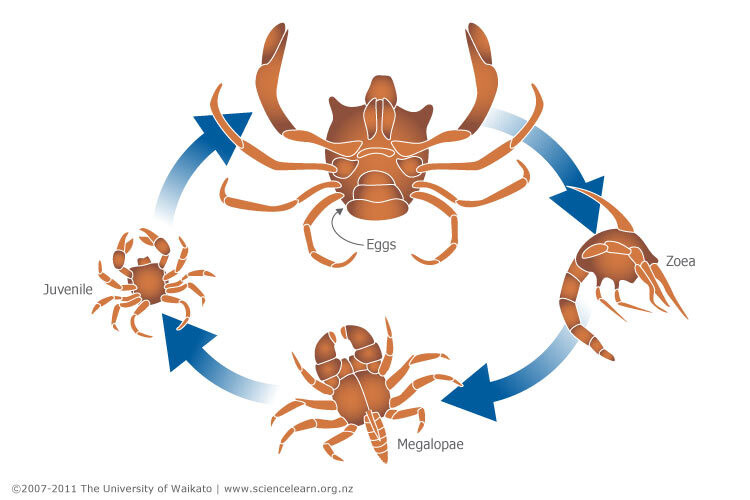This isn’t something to focus on in this update since we already have had a major gameplay design shift in regards to ammonia/phosphate and many balancing issues to actively track, but I wanted to start this conversation now so that if we make a decision in the future, it is a result of a good discussion.
The new growth system solved some of my gripes with this issue, but I always found the way we have dealt with spawning compounds - specifically, spawning in with the compound amounts you had at the end of your previous life - confusing and damaging to gameplay for multiple reasons…
- It just doesn’t make much sense in terms of the narrative we are trying to convey. If each generation is at the very least millions and millions of years apart, the actions of a single ancestor shouldn’t have that exact and direct of an effect on a random descendant.
- If you ingested a lot of resources in your previous life, you don’t really need to do much to survive in the next life. Considering each lifespan is meant to be a test for the viability of an evolutionary build, you shouldn’t be able to rely on the success of a previous built to this extent. This is most noticeable for me when I spawn in with an ingested cell, giving me a steady stream of food and growth that I didn’t really earn for that specific lifespan.
- On the other end, if you didn’t gather a lot of resources in your previous life, you would be crippled in your next life, which can lead to a frustrating and quick death with little chance for the player to actually do anything about it. This also effects things like migration now that you absolutely have to survive your first generation in a new environment. I oftentimes just kill the cell upon spawning in these situations.
I think we should just find a way to standardize the amount of resources you spawn in with as a cell. This will address all of the issues listed out above, and can also give us another option in balancing the game. For example, we can have it so that, based on your organism’s net metabolic stats, you always spawn in with a Goldilocks’ starting value which is small enough to absolutely necessitate that you have to actually find atleast some food to survive, but big enough so that you don’t immediately run out of energy as soon as you spawn in. This can help in making sure that early-game builds are not excessively overpowered so that they atleast have to do something to survive and can’t just spawn in with absolutely no need to find a resource, and can further help ensure that we have the full picture for balancing metabolic processes.
We can reward exceptionally good lifespans, i.e. lifespans in which the player gathered a lot of resources, by attaching a population bonus to these good performances. So the player going to the editor with a good percentage of food gets a +250 population bonus to their auto-evo performance. This incentivizes the player to create very functional builds, but doesn’t make the specific amount of compounds with which you entered the editor with so dramatically effective on your next lifespan.
